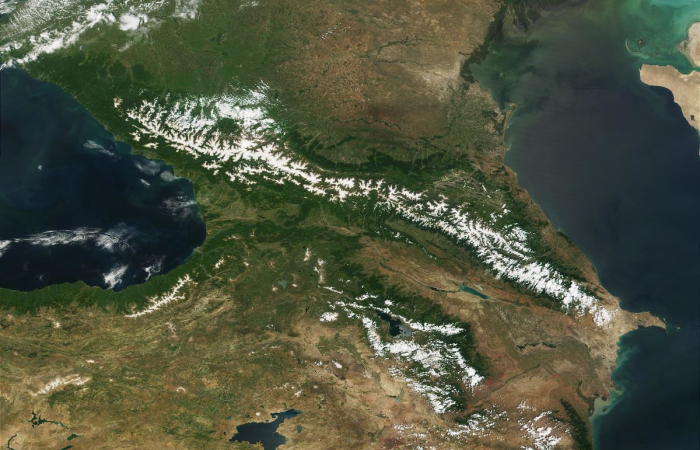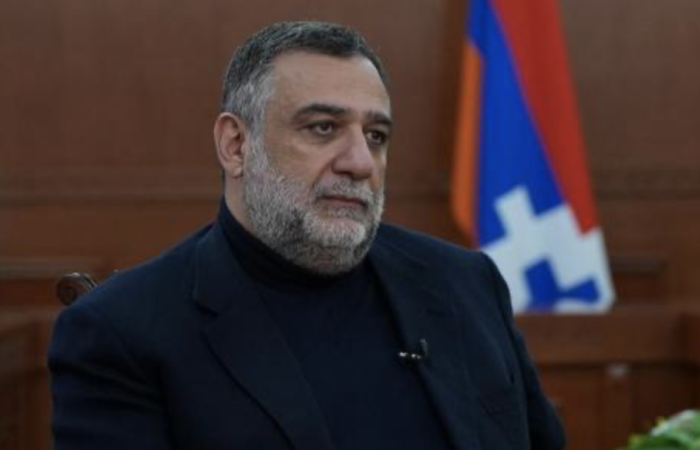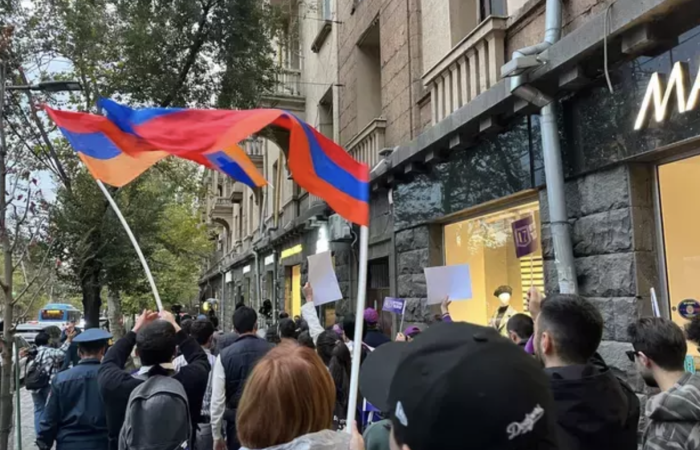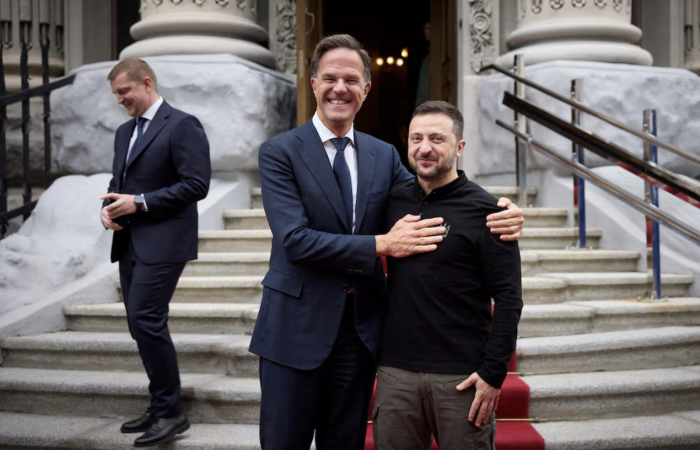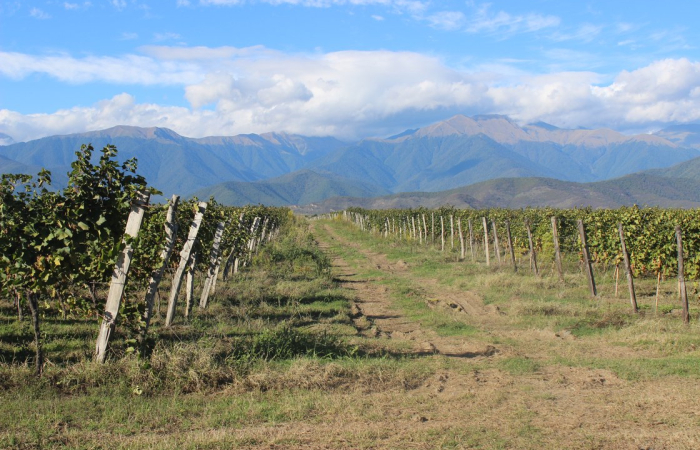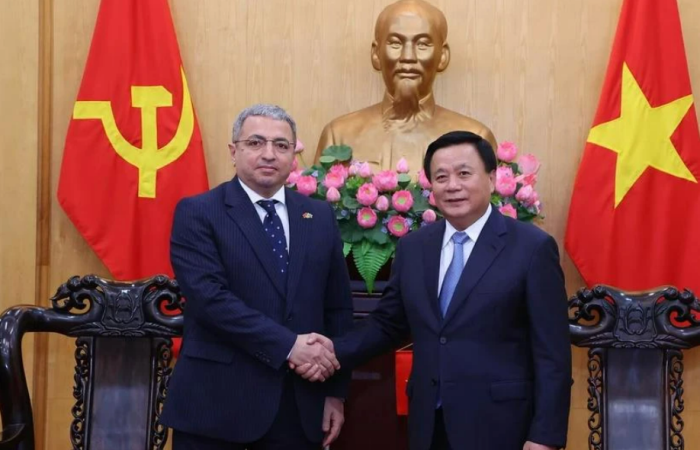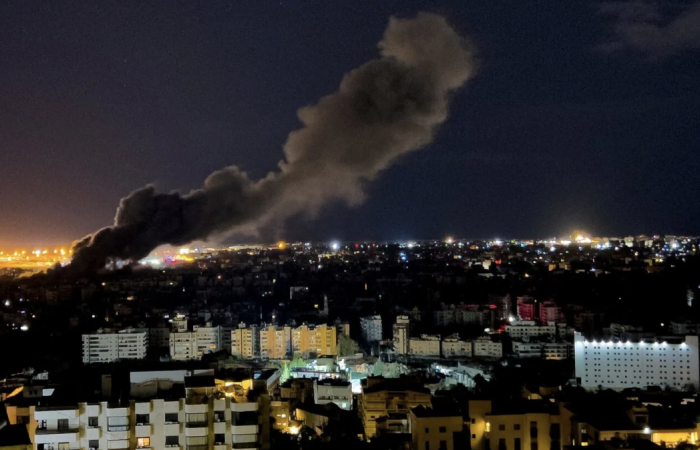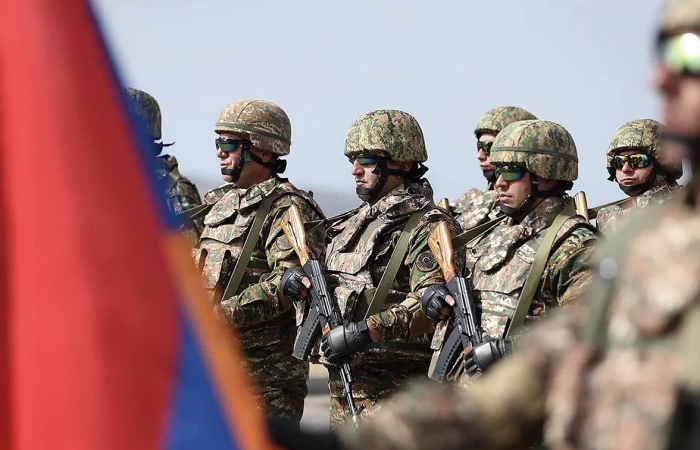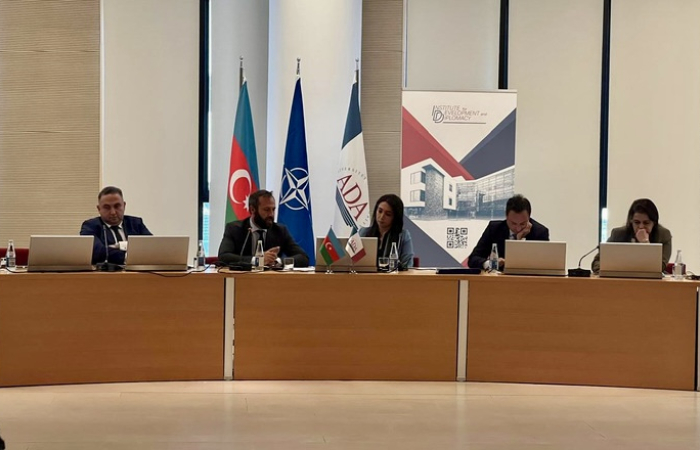Trending
US Helsinki Commission assesses political situation in South Caucasus
4 October 2024
The US Helsinki Commission on Tuesday (1 October) published an analysis of Russia's political and economic agenda. The document addresses, among other things, various developments in the South Caucasus. The region is experiencing various political shifts as Russia's material influence wanes due to its focus on its war with Ukraine. On the one hand. Armenia was once one of Russia's strongest allies. However, following the Nagorno Karabakh war in 2020, Armenia has moved away from Moscow and more towards a Western agenda. On the other hand, Azerbaijan has adopted a cooperative approach with Russia, especially given the similarities between the two countries' strong governmental grip.



